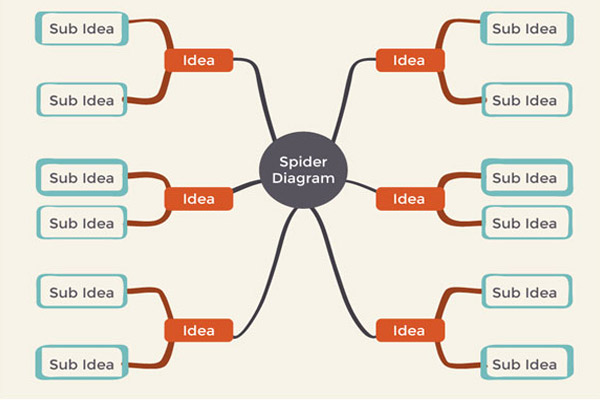Riding the Idea Spider: Crawling for the Perfect Topic
When it comes right down to it, poems, novels, statements, short stories, lore, rants, tomes, comic books, etc., have one thing in common – a good idea.
Sure, the style, tone, and grammar will always play a significant part in the success of any written piece, but without the idea, they’re just random words. Need a good blog? Come up with an idea. Great. How do you do that?
Inspiration Knows No Deadlines
Each writer is unique in how they get their ideas, and it’s all about how different brains work in their own special ways. Some people just wait until they get struck by lightning, while others need to perform a routine before they get a visit from the inspiration fairy. There’s nothing wrong with how people get their ideas. But, if they try to turn it into a source of income, they’ll need to have something more reliable and efficient than lightning and fairies.
One of the best tools writers could use is something we like to call the idea spider; some people call it a thought tree, but that’s just lame.

This will make sense in a bit.
The first lesson every writer should learn is that everything that can be written has already been written; everything is a derivative of something else that’s been done – and that’s OK.
How to Ride the Spider
Everyone starts with a general concept like guilt, love, vegetarianism, so on and so forth. It’s the writer’s job to drill down to a specific point and show people a side of that concept they don’t see very often. This is the function of the idea spider — to guide writers through all the different parts of a concept and find the one that they think will appeal to people most.
The mechanism is simple enough: write down the general concept and list everything you know about it. Then list everything you know about those secondary items, so on and so forth. Using this article as an example, the writer needed to find an interesting topic on how to come up with interesting topics.

The general concept is how to find something interesting, which led to the thought tools, leading to the thought tree, which is perfect since it’s basic and easy to understand. But it was lame, so it needed to be called something else. The thought tree had a seed and branches; the seed was a circle, and all the branches looked like spider legs, and thus the idea spider was born.
There are all kinds of things that writers can uncover about even the most mundane of topics. However, they’ll find only those things if they’re willing to dig deep enough. If you think you have a good idea, share it with us. We’re always looking for fresh brains to pick to make our content better and more interesting.